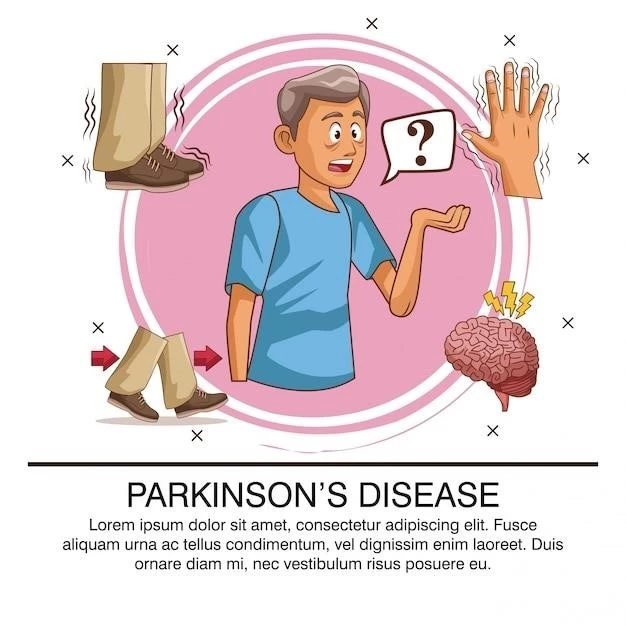Introduction
Turner syndrome is a genetic disorder affecting only females, where one X chromosome is missing or partially missing, leading to various physical and developmental abnormalities.
Turner syndrome is a genetic condition that affects only females, characterized by the absence of all or part of one of the X chromosomes. This abnormality can lead to a variety of physical features, developmental delays, and hormonal issues that impact growth and overall health.
Typical physical traits associated with Turner syndrome include a short neck, webbed appearance, low hairline, low-set ears, swollen hands and feet at birth, and nails that turn upwards. Girls with this condition often experience slower growth compared to their peers.
The missing X chromosome can result in hormone imbalances, leading to delayed puberty or amenorrhea in adolescence. Elevated levels of certain hormones, such as follicle-stimulating hormone (FSH) and anti-Mullerian hormone (AMH), may aid in the diagnosis of Turner syndrome and predicting ovarian function.
It is essential for individuals with Turner syndrome to receive specialized care and monitoring to address any potential health concerns and optimize their quality of life.
Overview of Schereshevskij Turner Disease
Turner syndrome is a genetic disorder that affects females, characterized by the absence or partial loss of one X chromosome, resulting in various physical and developmental abnormalities.
Missing X Chromosome
Turner syndrome, also known as 45,X or 45,X0, occurs when a female is born with a partially or completely missing X chromosome. This genetic anomaly, where one of the sex chromosomes is absent or incomplete, results in the characteristic features and health issues associated with Turner syndrome.
Genetic Abnormality
Turner syndrome is caused by the absence or partial loss of an X chromosome in females, leading to physical abnormalities, growth issues, and hormonal imbalances. This genetic anomaly impacts various aspects of health and development in individuals affected by the condition.

Cause and Genetics
Turner syndrome is caused by the absence or partial loss of an X chromosome in females, leading to various physical and developmental abnormalities.
Physical Features
A girl with Turner syndrome may exhibit physical characteristics such as a short neck with webbing, a low hairline at the back of the neck, low-set ears, and swollen hands and feet at birth. Girls with Turner syndrome may also have slower growth compared to their peers.
Growth and Development
Girls with Turner syndrome may experience slower growth compared to their peers, resulting in a stature below average. Developmentally, individuals with this condition may face challenges in physical and hormonal maturation, impacting their overall well-being.
Diagnosis
Diagnosing Turner syndrome involves genetic testing to identify the absence of all or part of an X chromosome, along with evaluating hormone levels for further confirmation.
Testing Methods
Diagnosing Turner syndrome typically involves a karyotype analysis to identify chromosomal abnormalities, specifically the absence or partial loss of an X chromosome. Additionally, hormone-level testing can be conducted to assess ovarian function and growth hormone levels.
Hormone Levels
In Turner syndrome, imbalances in hormone levels can lead to delayed puberty or amenorrhea in adolescence. Elevated levels of hormones like follicle-stimulating hormone (FSH) and anti-Mullerian hormone (AMH) are indicative of the condition and can assist in predicting ovarian function.
Treatment
Management strategies for Turner syndrome focus on addressing specific health issues through a multidisciplinary approach involving healthcare professionals to optimize the individual’s well-being.
Health Management
Management of Turner syndrome involves addressing specific health issues like cardiac anomalies, thyroid dysfunction, and skeletal problems. It often requires a multidisciplinary approach to optimize the individual’s health and well-being.
Therapeutic Interventions
Therapeutic interventions for individuals with Turner syndrome aim to manage specific health issues effectively. A multidisciplinary approach involving healthcare professionals is crucial to address the unique needs of patients and improve their overall quality of life.

Prognosis
Girls with Turner syndrome may have a shorter stature and underdeveloped ovaries, impacting their overall growth and reproductive health. Regular monitoring and medical intervention can enhance their quality of life.
Lifespan Expectancy
In Turner syndrome, individuals may have shorter stature and underdeveloped ovaries, affecting their overall growth and reproductive health. With appropriate medical intervention and monitoring, the lifespan expectancy and quality of life can be improved.
Quality of Life
Individuals with Turner syndrome may experience challenges related to growth, reproductive health, and overall well-being. However, with appropriate medical interventions, monitoring, and support, the quality of life for those affected by Turner syndrome can be enhanced.
Research and Advancements
Turner syndrome research focuses on understanding the genetic abnormalities and developing treatments to improve quality of life for individuals living with this condition.
Recent Studies
Research on Turner syndrome continues to focus on understanding the genetic basis of the condition and exploring advancements in treatments to address specific health concerns and improve the quality of life for individuals affected by Turner syndrome.
Medical Innovations
Research in Turner syndrome includes exploring novel therapeutic interventions and advancements in medical technologies to improve the management of specific health issues associated with the condition, ultimately aiming to enhance the quality of life for affected individuals.
Support and Resources
Various patient organizations and specialized care centers offer support, information, and resources to individuals and families living with Turner syndrome, enhancing their understanding and management of this condition.
Patient Organizations
Several patient organizations dedicated to Turner syndrome provide support, advocacy, and resources for affected individuals and their families, offering valuable guidance and information on managing the condition.
Specialized Care Centers
Specialized care centers for Turner syndrome offer comprehensive medical services tailored to address the unique needs of individuals with the condition. These centers provide specialized care, expert evaluations, and personalized treatment plans to optimize health outcomes and improve the quality of life for patients.
